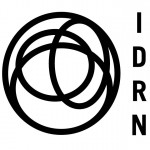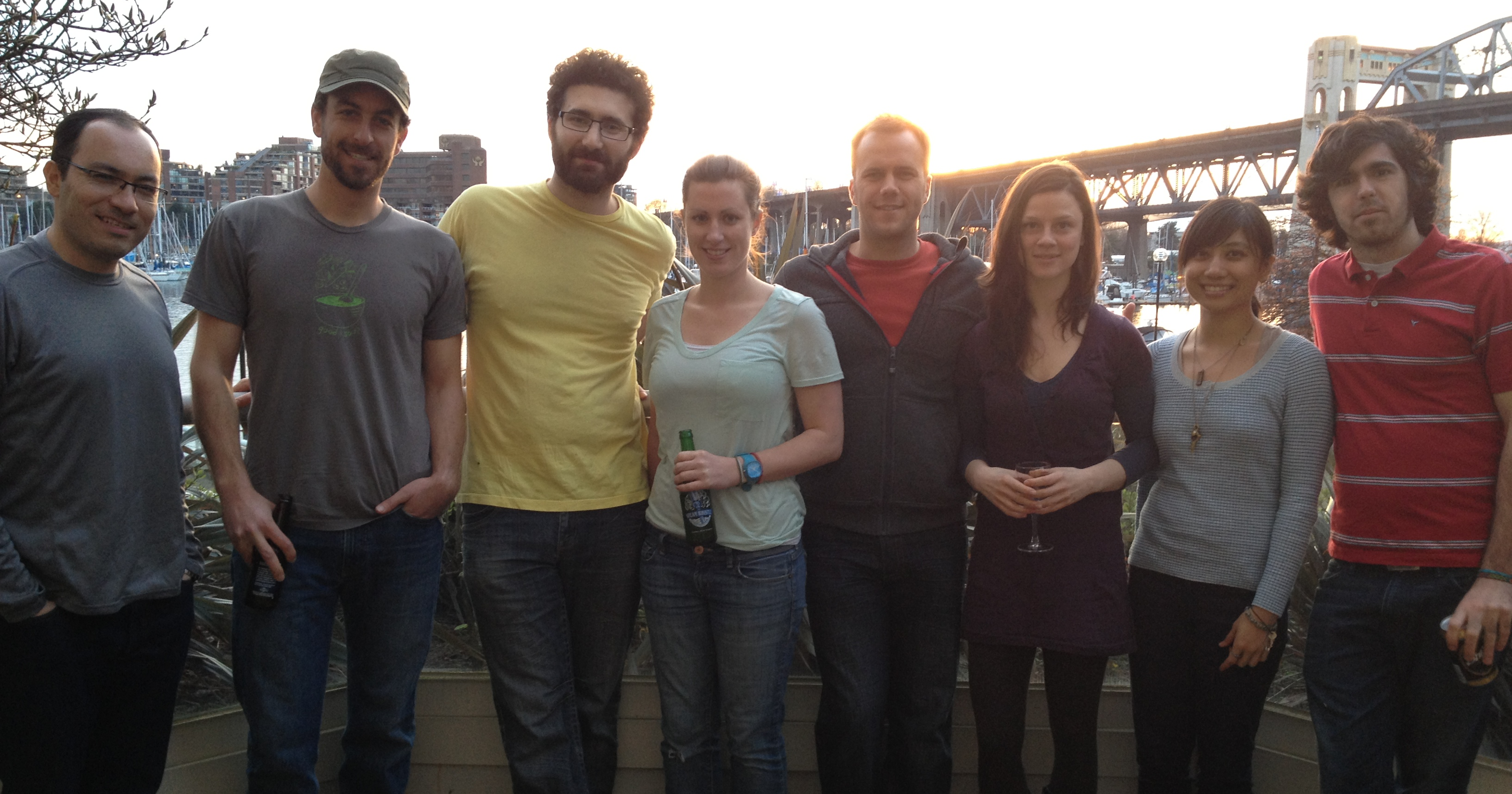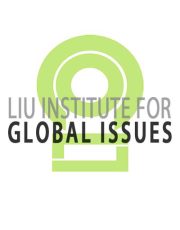Unpacking the Development Discourse on Campus: Review of Soci 301A’s Exhibition of Student Projects on Addressing Global Challenges
Written by Sonia Medel, April 24th, 2013.
On Wednesday April 17th and Friday April 19th Dr. Sophia Woodman’s Sociology of Development 301A students presented their development and globalization projects. Dr. Woodman’s course offers the chance for students to explore critical perspectives on issues related to development.
Several student groups took the task seriously and approached development from alternative perspectives, addressing themes such as conflict minerals, HIV/AIDS, gender violence, urban inequality, food security, sustainability, indigenous rights, access to education, human trafficking, reproductive rights, partnerships in development rather than from the neoliberal ‘West knows best’ perspective.
The presentations were a vibrant reminder that students on our UBC campus are eager to challenge the development discourse, learn indigenous and non-western ways of conceptualizing ‘change’ and collaborate on community needs based projects. Despite time constraints, students went beyond the call of completing the class assignment requirements to research controversies around campaigns and case studies including the negative impacts of development projects and the challenges of working along participatory development frameworks. Many students shared the opinion that we should no longer be talking about development, but rather about change for greater social justice and that work for the latter is gruelling, emotionally draining and rarely how dominant development institutions/ organizations portray it to be. It was motivating to hear students understanding that before the ‘development’ gaze turns international, it should be focused on addressing local histories, issues, controversies, and community needs. There is plenty of ‘development’ work to be done right here in Vancouver!
The “Bringing a Global Perspective of Sexual Health to the BC Classroom,” team (Clarissa Ramirez, Chaviva Mansinger and Francie Kaplan) pointed out that if we want to improve education, we need to begin by looking at our BC high school curriculum and question whose perspectives are included/ excluded. Their suggestion was to approach sexual health, by dialoguing about educational models that communities in other countries are engaging. The point: to understand how religion, culture, and politics impact the teaching of sexual health, a critical issue related to HIV/ Aids prevention and reproductive rights.
The “Youth Action! Working Together to End Violence Against Aboriginal Women in Canada,” team (Ryan Nicholson, Abigail Jackman, and Coral Kasirer) invited people to check out their blog, www.vaaw.wordpress.com. They envision a week long workshop for high school students, during which students will be taught about past and present violence that aboriginal women face as human rights issues. A crucial part of this process would be learning about current action strategies to mitigate violence against aboriginal women and gaining the understanding necessary to become allies and activists with communities they are familiar with and those outside of their own.
The “Educate Through Partnerships Initiative,” group (Kristi Choi, Kristen Harris, and Cristine Chang) http://educatethroughpartnerships.wordpress.com/about/ highlighted that although our focus should continue to be on creating education programs in partnership with communities, we need to be weary of institutional/ organizational connections with communities that perpetuate unequal power relations between the ‘donor’ and ‘recipient’ countries. They point out that true collaboration is often lacking especially when it’s between large institutions such as universities and organizations such as the World Bank.
What’s still needed on our campus? Firstly, students would love more courses that push them to critically analyze terms such as development and globalization. Next, more faculty prepared to encourage their students to question their personal perspectives, assess the role/ impact (both positive and negative) of institutions such as UBC both locally and broadly and reconsider the ethics behind their participation in ‘development’ oriented work. Finally, there is a need for more venues across our campus where students, staff, and faculty who are involved in development work (whether it’s through individual research, service learning programs, course teaching, or critiquing development) from diverse faculties can come together to actively discuss how development is being carried out and challenged!
Many thanks to Dr. Sophia Woodman for inviting us in to serve as an audience for critical student led discussions on development and globalization.



